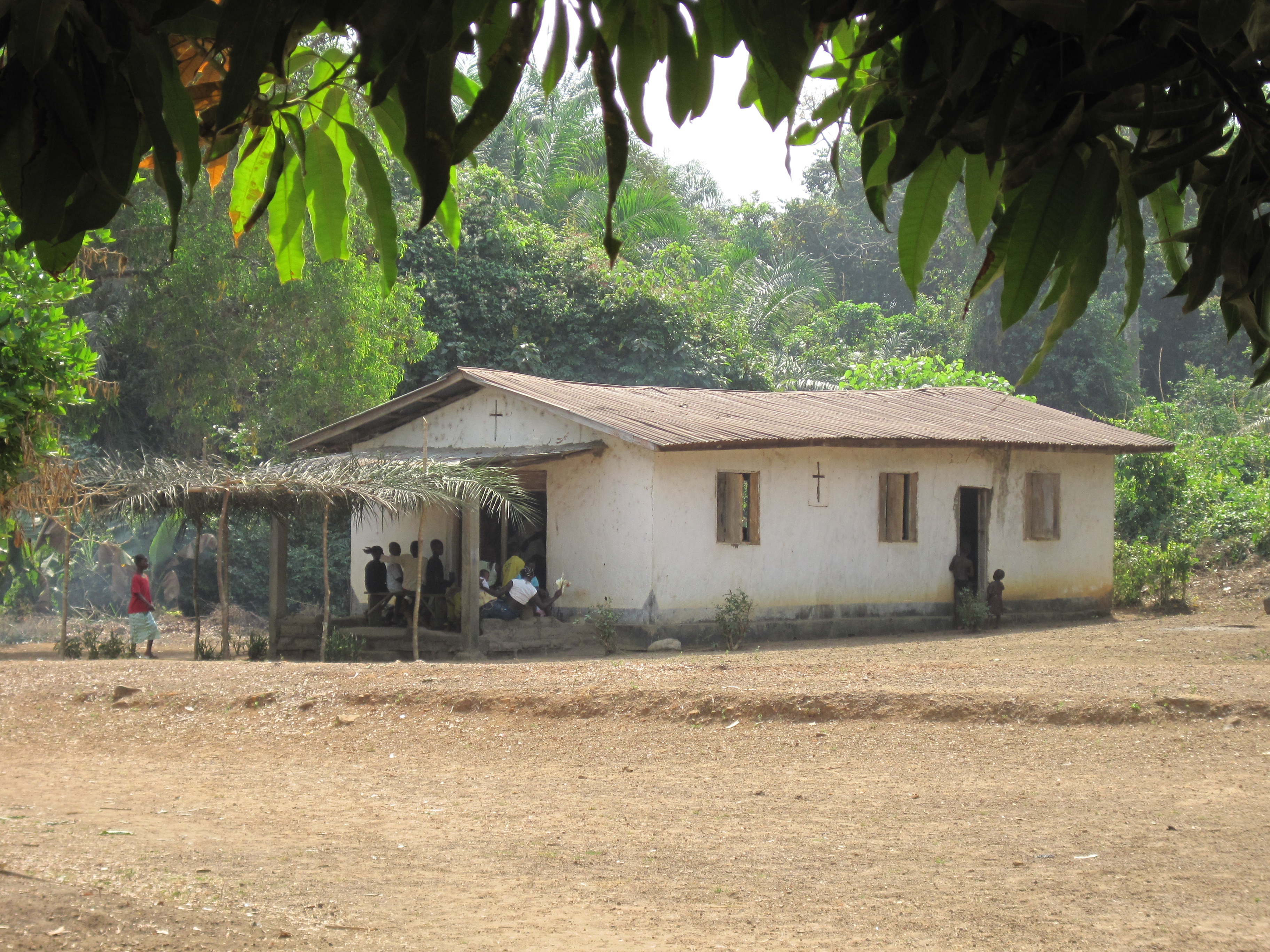In a
few short months, we will be sending our first small team to the village of
Rogbere. We almost have the team members finalized, and we are keeping the team
small because it will be our first contact with the people of Rogbere, and so
we aren’t sure what exactly we are going to encounter. This trip will also be
different than many short-term mission trips. We won’t be doing construction or
medical missions or street evangelism. We aren’t going to an established church
or mission work, because as far as we know, there is no church in Rogbere.
So what
will we be doing?
We will meet the people.
We will introduce ourselves.
We will listen to their stories.
We will try to learn from them about
their culture.
We will see the pineapple farms that
we have helped them plant.
We will assess the resources of the
village.
We will assess the needs of the
village.
We will take pictures.
We will share about Jesus at every
opportunity.
We want
to make the most of this opportunity to share Jesus. Colossians 4:5-6 says:
5
Be wise in the way you
act toward outsiders; make the most of every opportunity. 6 Let your
conversation be always full of grace, seasoned with salt, so that you may know
how to answer everyone. (NIV)
Please pray that
during our time in Rogbere this March, our words will be “full of grace” and “seasoned
with salt”.


